Tesla to buy cobalt from Glencore for new car plants
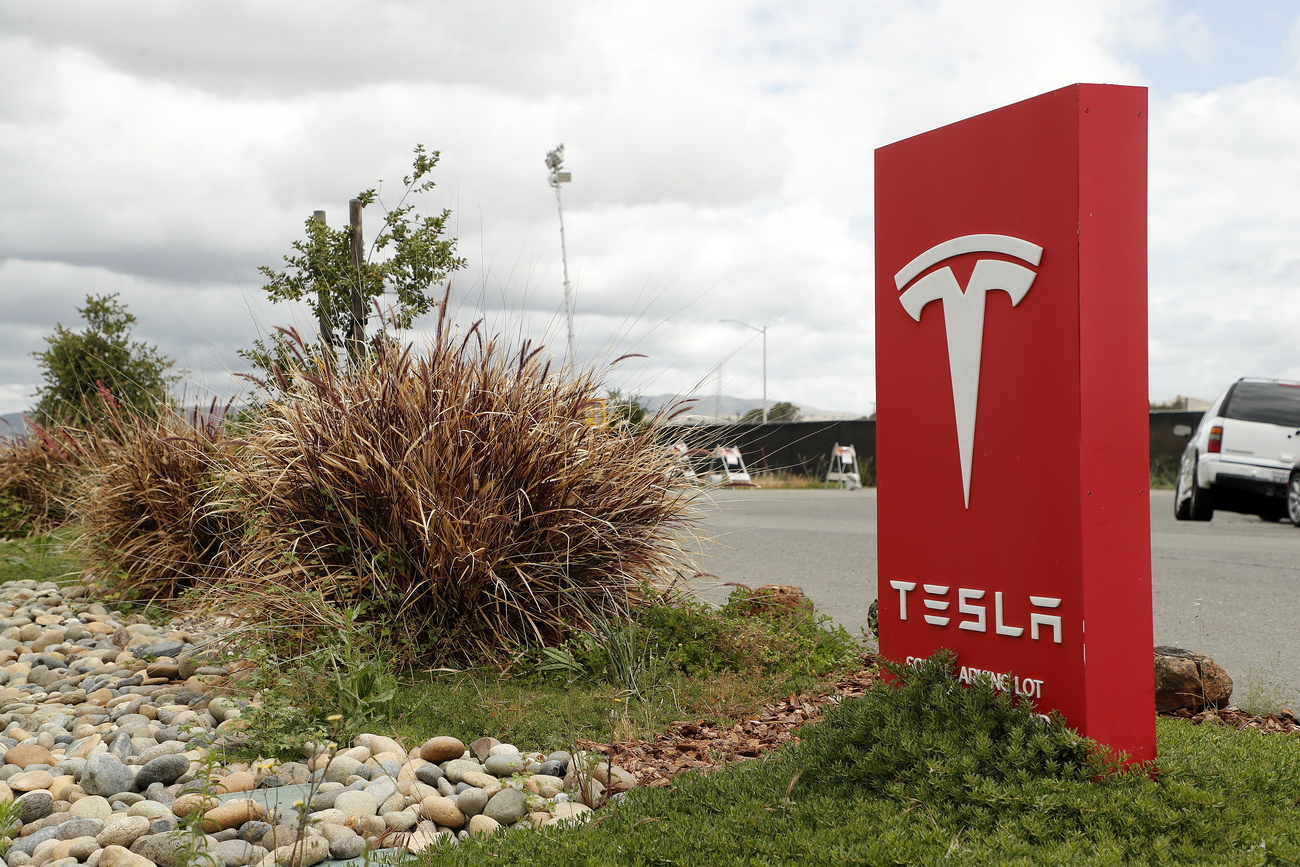
Tesla will buy cobalt from Glencore for use in two new car plants in a deepening of ties between Elon Musk’s electric car maker and the Swiss mining group.
Glencore will supply Tesla’s new Shanghai Gigafactory and its planned Berlin facility with the metal used in lithium-ion batteries, according to people familiar with the matter.
The deal, which increases Tesla’s reliance on supplies from the Democratic Republic of Congo, is a boost for Glencore’s cobalt business after a two-thirds slide in the metal’s price over the past two years to about $30,000 a tonne.

Tesla said last week it supported sourcing from the DRC, one of the poorest countries in the world, “where we can be assured that minerals, including cobalt, are coming from mines that meet our social and environmental standards”.
The comments highlight how Tesla is increasingly securing its own raw materials as it expands production in China and Europe. Other carmakers, including Volkswagen, have relied on external battery producers to secure supplies of cobalt.
More than 60 per cent of the global cobalt supply comes from the DRC, where up to a fifth is mined by hand, often by children.
While Tesla uses less cobalt than rival electric carmakers, the deal with Glencore could involve up to 6,000 tonnes a year.
Buying from Glencore allows Tesla to control supply from the mine in Congo to where it is processed into battery precursor materials in China.
Tesla’s 2019 Impact Report, published last week, said the company had “made a significant effort to establish processes” to remove the risk of child labour. It added that it recognised “that mining conducted in a responsible and ethical manner is an important part of the economic and social wellbeing of those communities”.
“Tesla’s new disclosures are a positive step towards recognising the reality of copper and cobalt supply chains on the ground,” said Tyler Gillard, a senior adviser at the OECD in Paris.
Tesla said its battery cell suppliers were required to buy from refiners qualified by the Responsible Minerals Initiative, a body that produces standards for responsible sourcing. Glencore is one of only two miners in the DRC on the list to be certified by the RMI.
Tesla and Glencore declined to comment.
Shares in Tesla last week rose above $1,000 for the first time, giving it a market capitalisation of $185bn. They have since fallen back to $935.
Tesla’s battery production capacity is expected to increase 570 per cent over the next decade to 248 gigawatt hours, according to consultancy Benchmark Mineral Intelligence. One GWh of battery capacity is enough for about 18,000 electric cars on average.
Glencore, which is led by billionaire Ivan Glasenberg, is the world’s largest producer of cobalt from its two mines in the DRC and its nickel mines in Australia and Canada. Since a steep fall in cobalt prices in 2018, the miner has focused on signing long-term agreements with companies in the electric car supply chain.
Copyright The Financial Times Limited 2020

In compliance with the JTI standards
More: SWI swissinfo.ch certified by the Journalism Trust Initiative








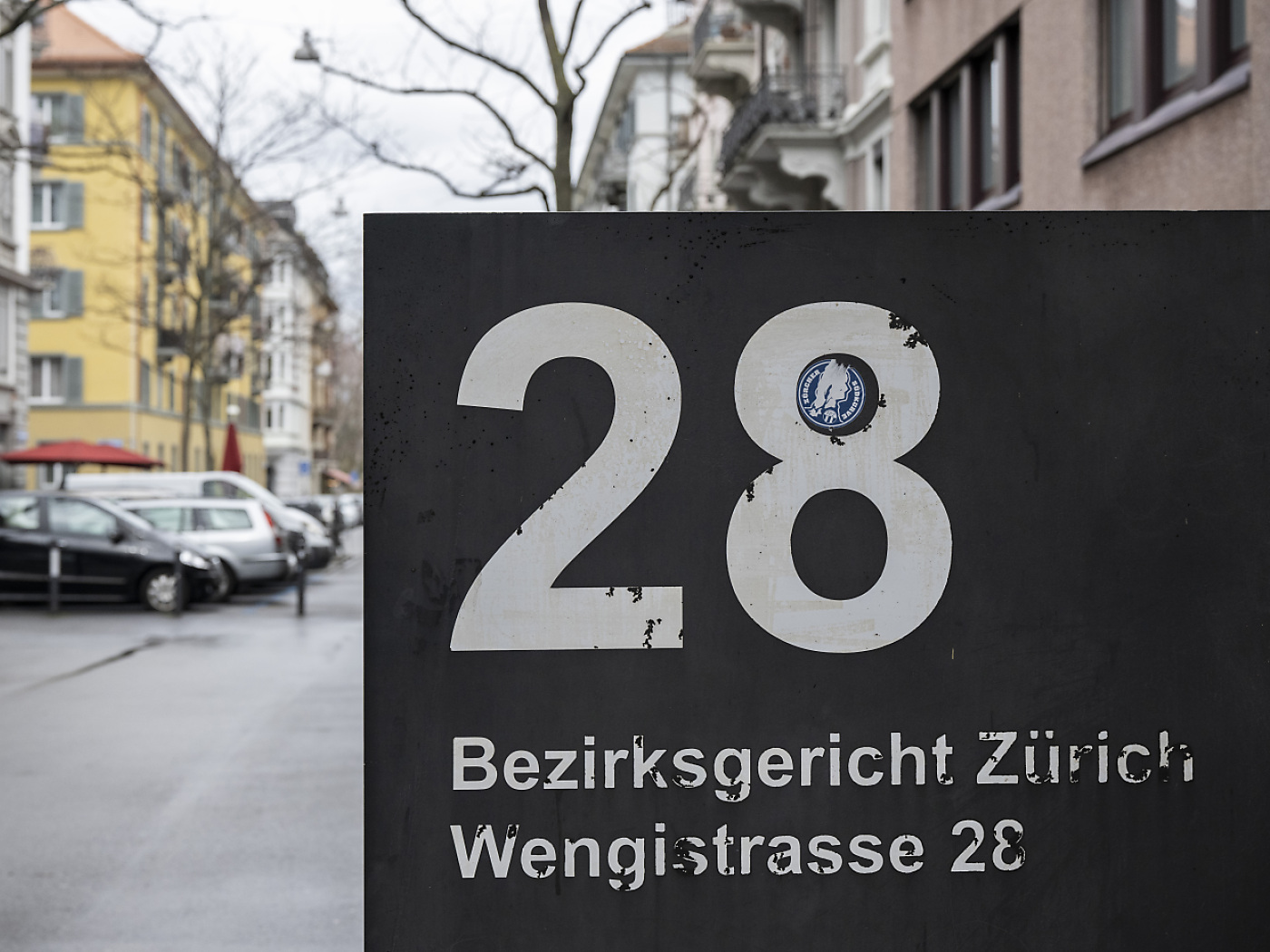
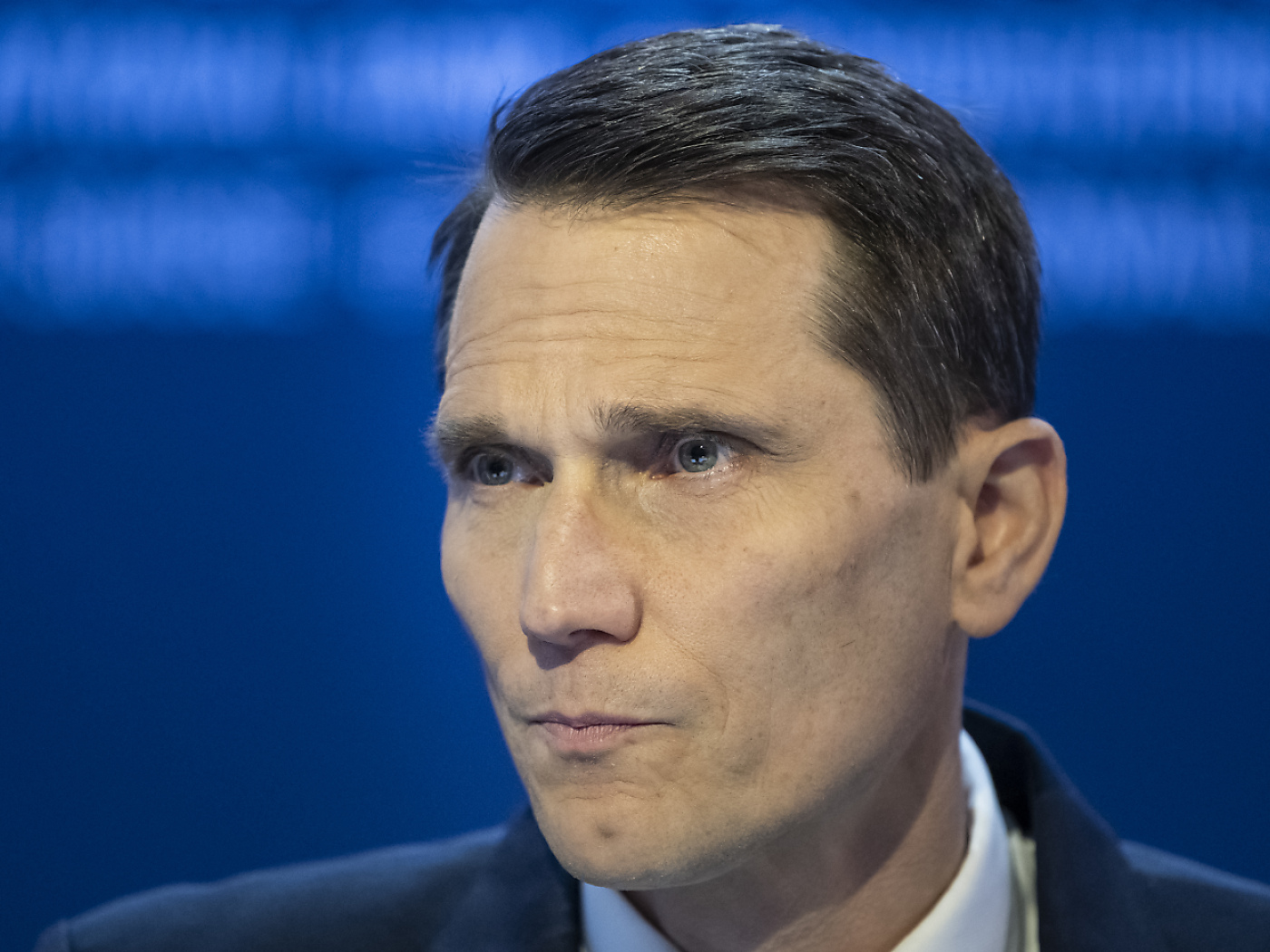
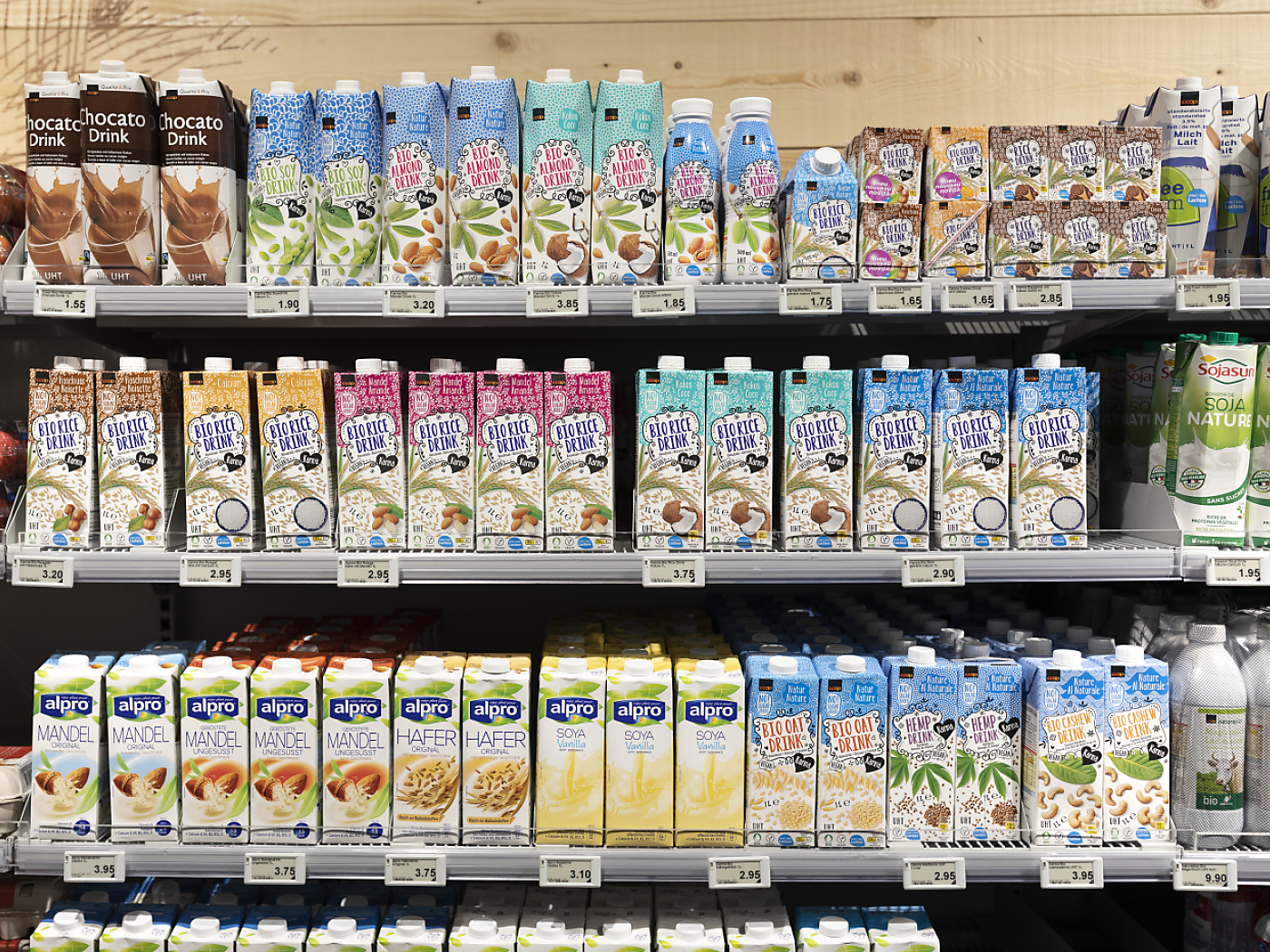




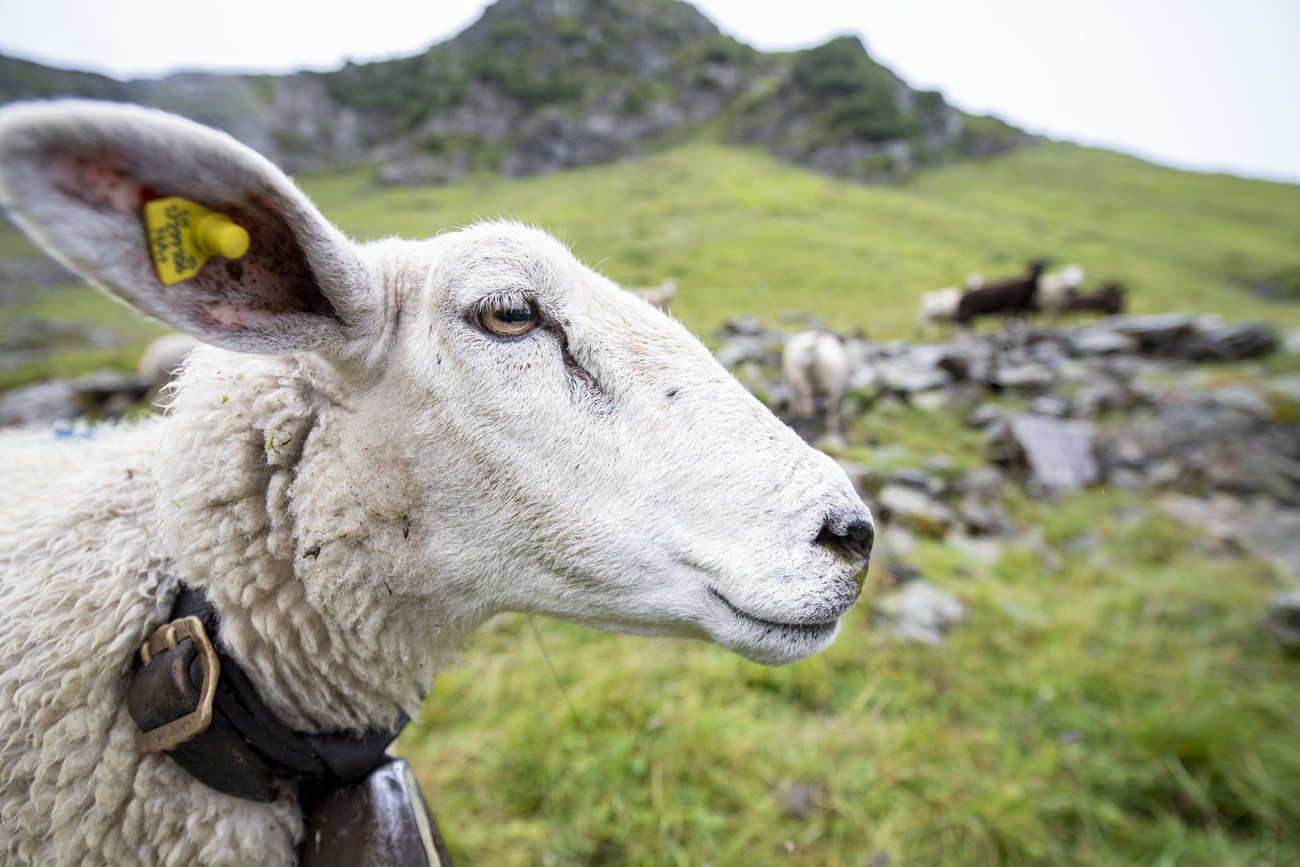
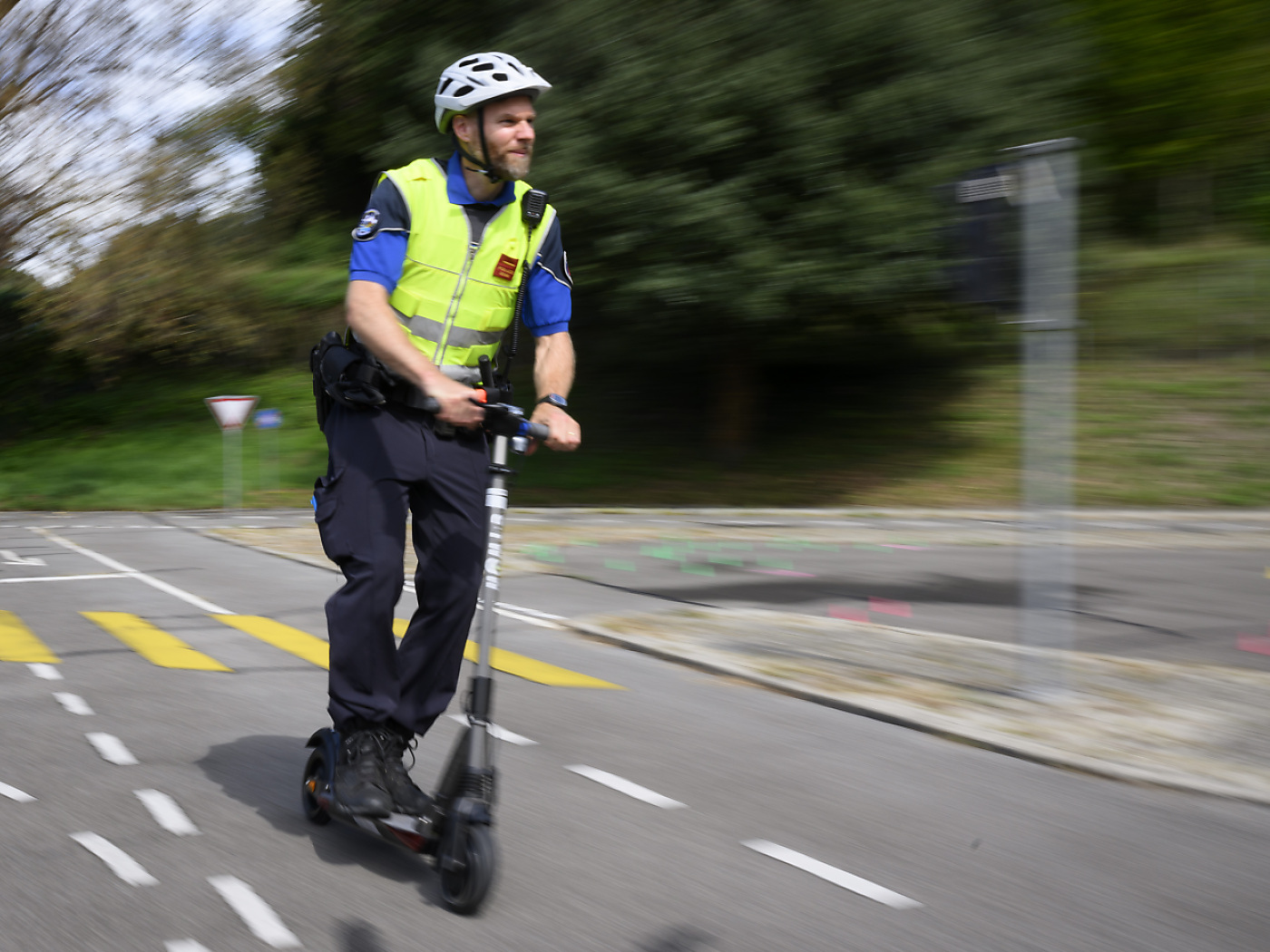
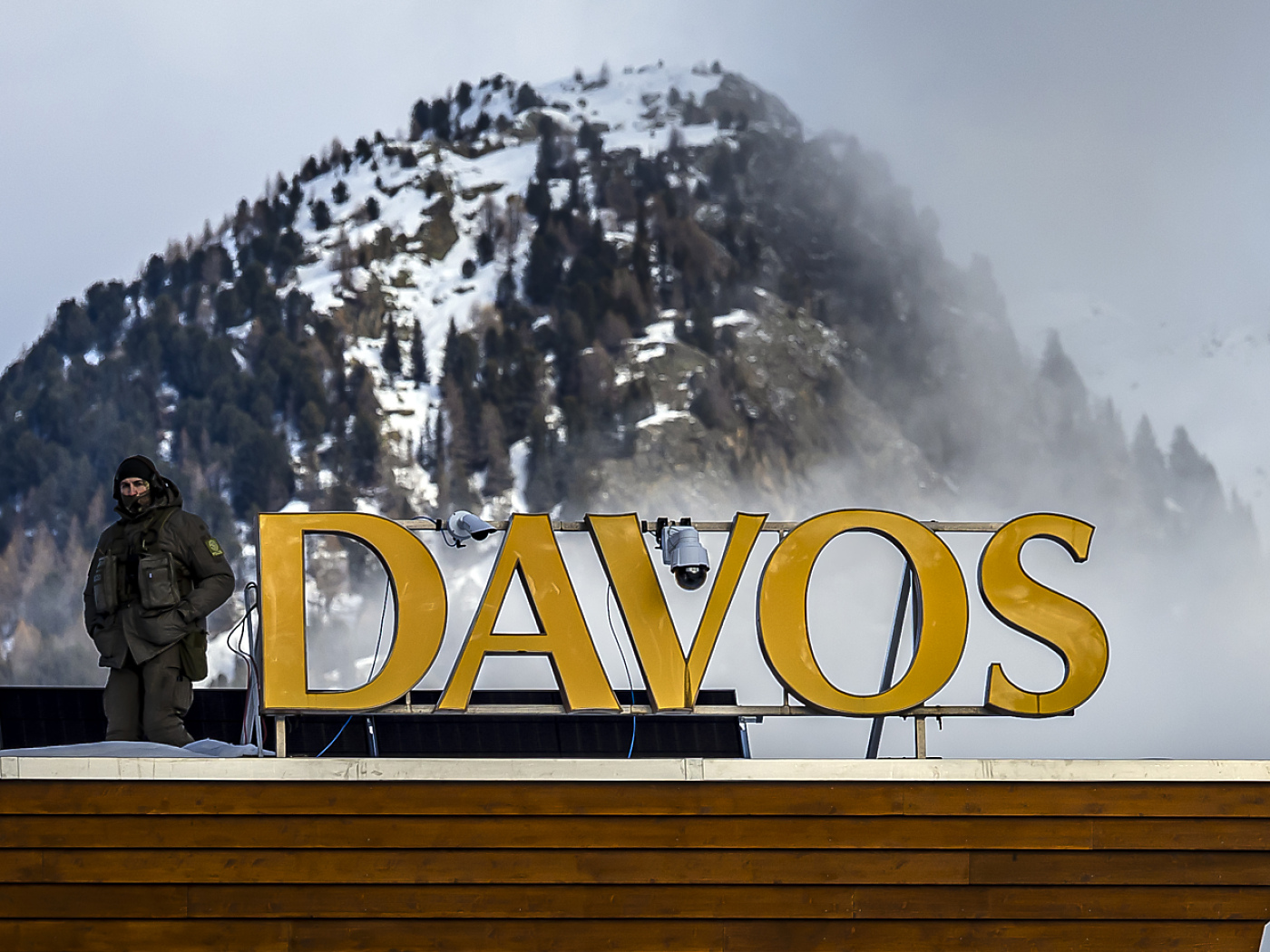
You can find an overview of ongoing debates with our journalists here . Please join us!
If you want to start a conversation about a topic raised in this article or want to report factual errors, email us at english@swissinfo.ch.